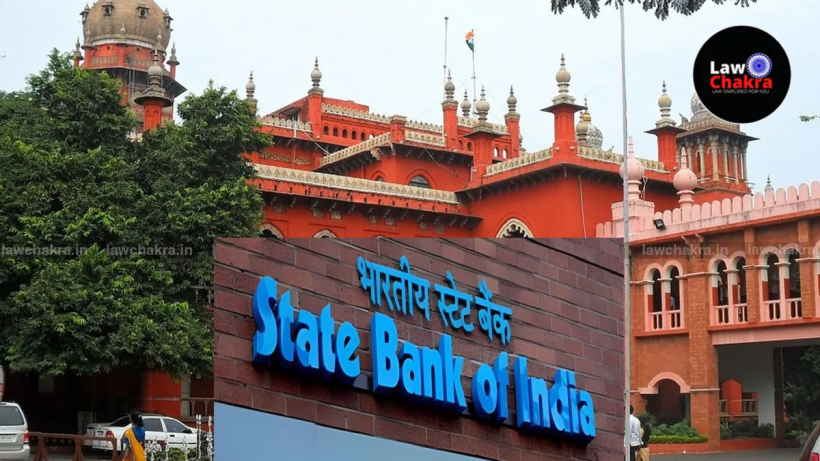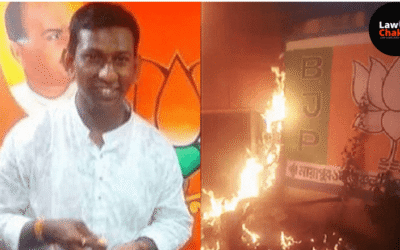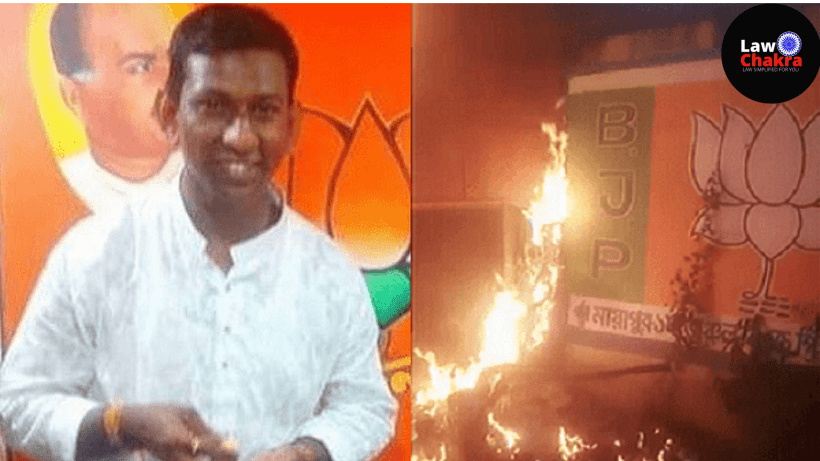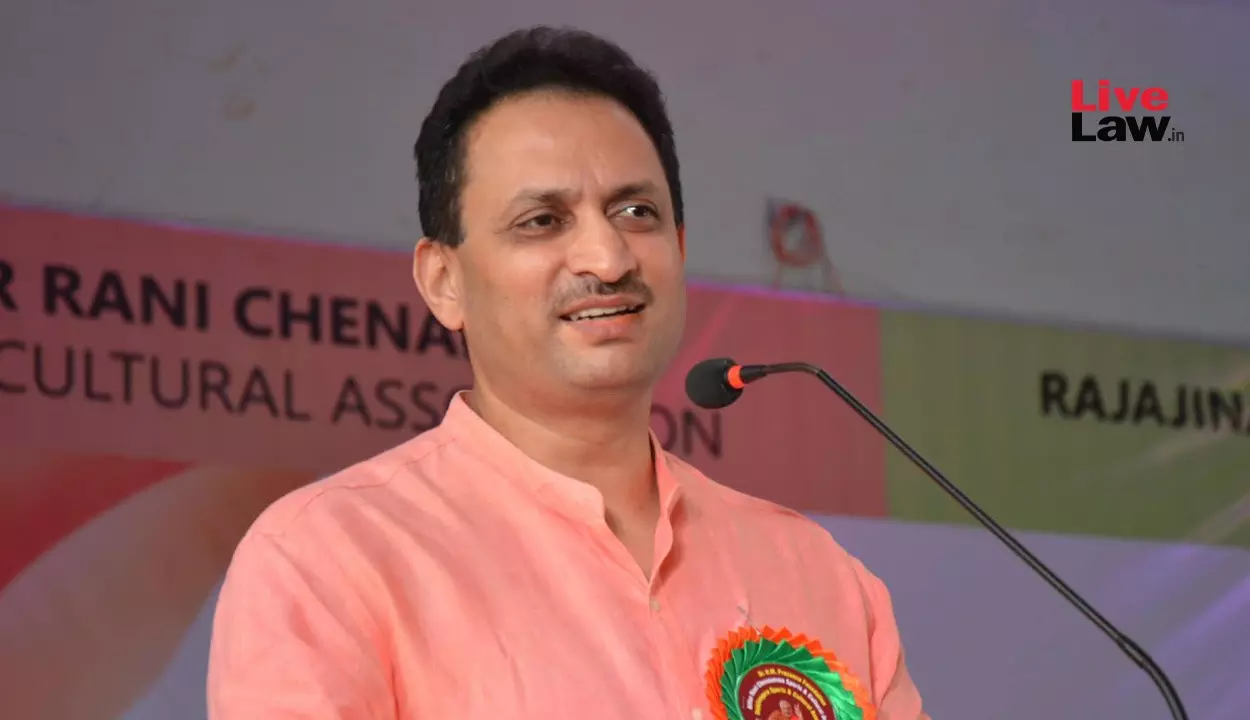Person With No Financial Discipline Can’t Be Trusted With Public Money

Thank you for reading this post, don’t forget to subscribe!
The Madras High Court upheld SBI’s decision to cancel the appointment of a Circle Based Officer after a CIBIL report showed major loan defaults. Justice N. Mala dismissed the candidate’s writ petition, backing the bank’s stance on financial integrity.
The Madras High Court upheld the State Bank of India’s (SBI) decision to cancel the appointment of an individual as a Circle Based Officer (CBO) after a CIBIL (Credit Information Bureau of India Limited) report revealed a significant history of loan repayment defaults.
Justice N. Mala dismissed a writ petition filed by P. Parthiban (name changed) and upheld the cancellation order issued by SBI’s Human Resources department.
The judge noted that a key reason for the cancellation was that bank employees handling public funds must uphold strict financial discipline.
Agreeing with SBI counsel Chevanan Mohan and A. Rexy Josephine Mary that the petitioner did not contest the eligibility requirement regarding credit history outlined in the recruitment notification, she stated
“Obviously, a person with poor/no financial discipline cannot be trusted with public money,” ,
The judge highlighted that Clause 1(E) of the notification explicitly stated that candidates with a history of loan defaults or adverse reports from CIBIL or other agencies would not be eligible for employment.
Despite this clear criterion, the petitioner applied for the position, took the written test, and attended the interview without raising any objections. It was only after his selection that the bank learned of the negative CIBIL report.
Also Read: Supreme Court’s Verdict on Electoral Bonds Hits SBI Shares: A Detailed Analysis
This report indicated that the petitioner had taken out three personal loans, ranging from Rs.90,000 to Rs.1.5 lakh, while serving as a Deputy Manager at ICICI Bank in 2018, but was irregular in repayments.
Additionally, he defaulted on credit card payments, resulting in a loss of Rs.40,000 to HDFC Bank in 2019. Mr. Mohan accused the petitioner of omitting these details during the application process.
However, the petitioner’s counsel argued that he had settled all dues prior to applying, claiming that the eligibility criterion should not apply to him.
After considering both sides, the judge clarified that the criterion was not merely about clearing dues before applying but required a candidate to maintain a clean record of timely loan repayments. She affirmed that SBI made a prudent decision in not appointing candidates with poor credit histories.
The judge also referenced a 2003 Supreme Court ruling, which stated that recruitment to public service must strictly adhere to established recruitment rules, and any deviations would risk allowing ineligible candidates to enter, disadvantaging others.
Case Title: P Karthikeyan vs The General Manager SBI and Other
Read Attachment






